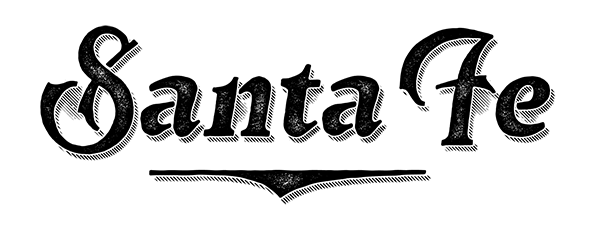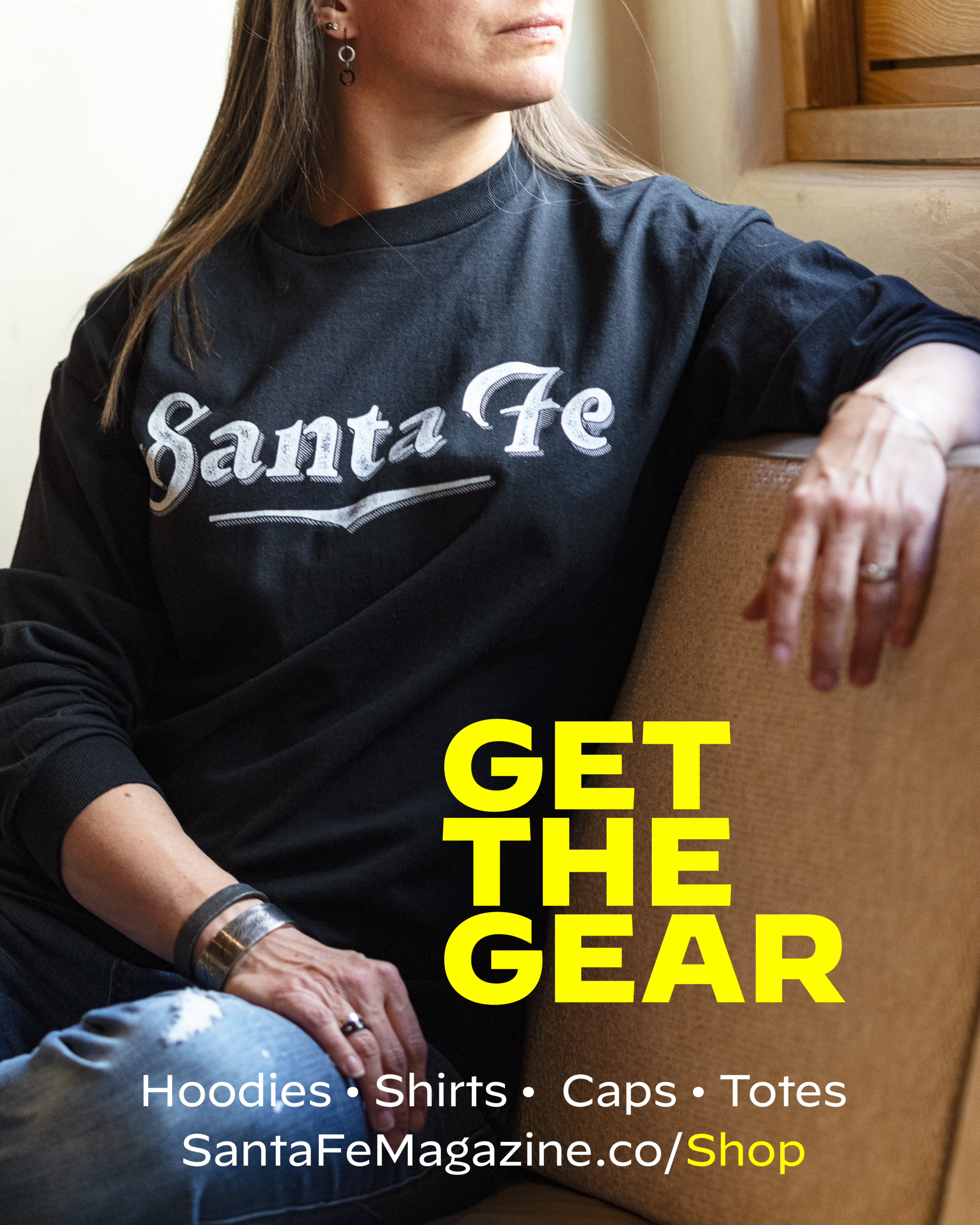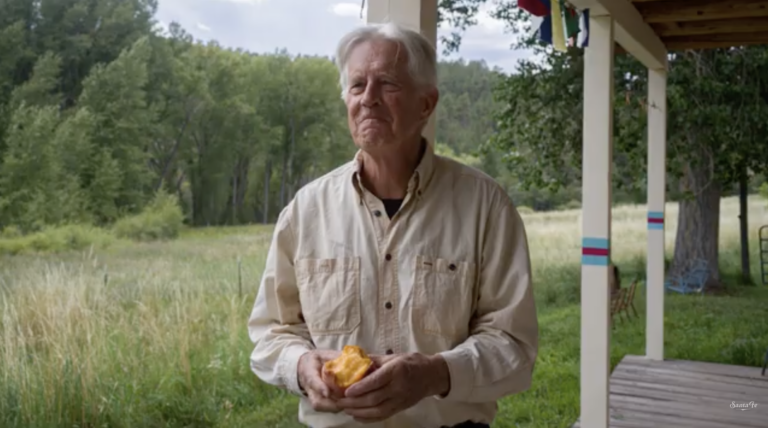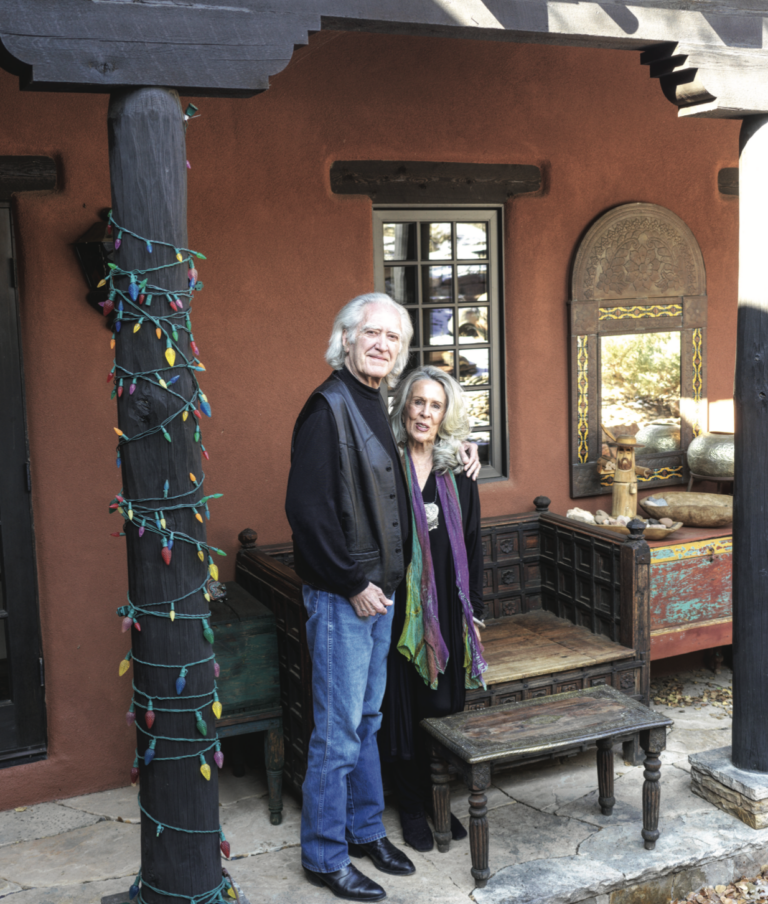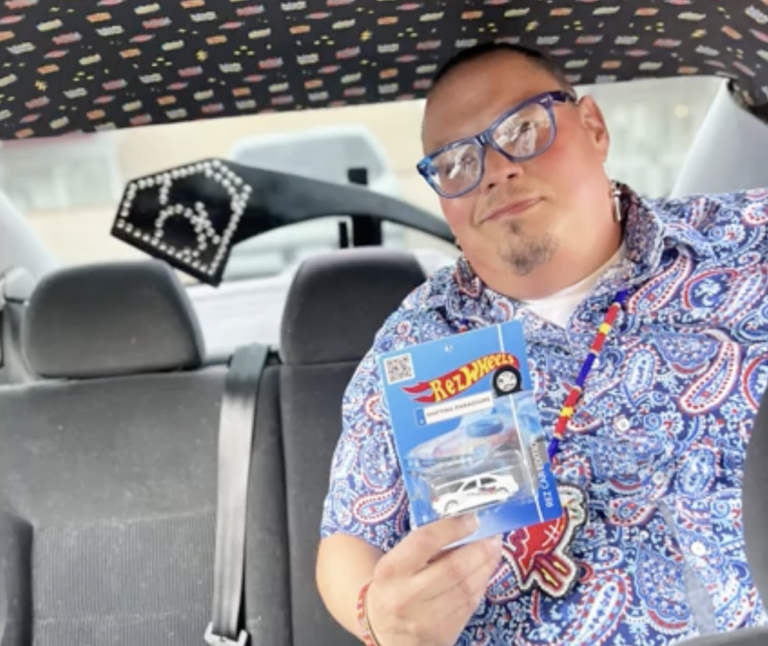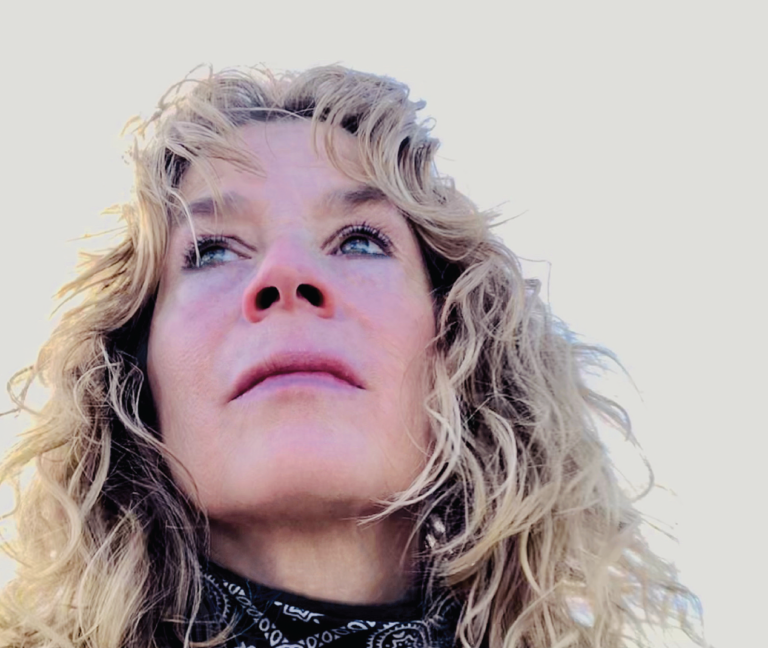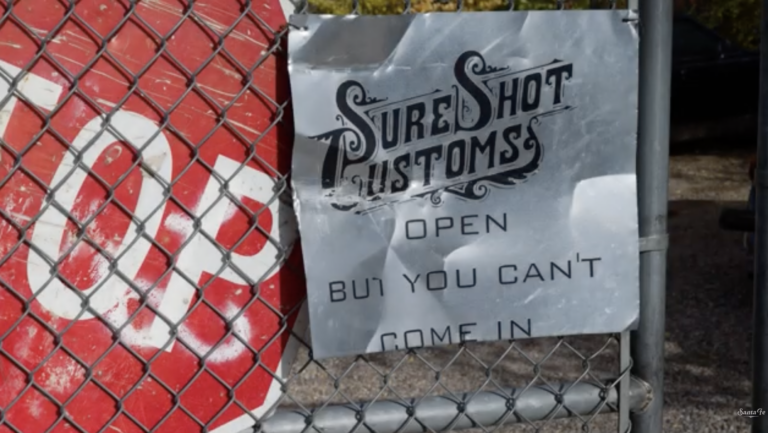SHE HAS ALWAYS BELIEVED THE WORLD WAS FRIENDLY, that life was in her favor. She grew up not being remotely uncomfortable, ever. She wanders right into the center of things. She fell in love with Sundance, with the mountain and streams, and on her first visit got a special room because the staff thought she was a different Kathleen Broyles. But it worked out. She ended up being a driver for Robert Redford, who probably admired her absolute inability to be starstruck.
When she found out she was legally blind, her vision was corrected, and she felt lucky for seeing what were only approximate forms in her earlier life. She recounts all of this with a matter-of-fact southern accent that is easy to imagine is the same as Zelda Fitzgerald – maybe because she grew up a few miles from her, 50 years after Scott came calling to Judge Sayer’s house.
Her Scottish mother believed magic to be ever-present and very ordinary. She trusts in that and somehow elicits trust from others without asking for it. When she was hired by Redford, she managed to stay behind the scenes.
Her time out of the limelight may be coming to an end, as she is beginning to get attention for her involvement as creative consultant on Geographies of Solitude, an award winning documentary which screens at the Santa Fe Independent Film Festival and for the new series Dark Winds, based on the Tony Hillerman book. I don’t think it will go to her head. Oh, and did we mention she brings snow wherever she goes?
On growing up in Alabama
My uncle was a famous doctor and was married to a woman who, before him, was married to the great liberator of Costa Rica. She was a positive role model to me. She would go and hang out with Zelda – that was their normal life. My Aunt Henrietta and her sister, my mother, were incredibly strong-willed women. And my uncle invented the Hospital of the Future at the World’s Fair. He was around these high-level scientists and high-level figures; we went to the World’s Fair with George and Lurleen Wallace because there was a ribbon cutting of the Hospital of the Future.
I remember my mother came and said, I have good news, and I have bad news: The good news is we’re going to the World’s Fair. The bad news is we have to go with George and Lurleen Wallace. I started crying.
On magic
My mother’s very, very Scottish. I was raised with a Scottish ancestral story. I was raised with magic – how magic is ordinary. It’s available one-hundred-percent of the time. Magic is about removing obstacles. It’s about the ability to perceive a roadblock, remove it, and let life happen.
On discovering Sundance
I was watching Sunday Morning with Charles Kuralt; it was about people meeting at this place called Sundance. It was an environmental summit. I didn’t see Robert Redford, but I did see this mountain in the background: Mount Timpanogos. There was just something about that mountain. Turns out, I was going to a conference in Salt Lake City, and I wanted to find that mountain.
And I went. It was in the fall. I found Sundance, and nobody was there – it was empty, like a ghost town. So I check in to the hotel, and they say, Can we just ask you, what are you doing here? I’m like, I really wanted to see this mountain. They said, We’re only asking ’cause obviously nobody comes this time of year, before the snow. And I’m like, Well, I always bring snow wherever I go. I went to bed that night, and it snowed.
So I realized, I’ve got to quit my job. This is where I’m supposed to be.
The first year I was at Sundance, I learned the most interesting part was being at the table. Everybody plans and does everything together, so it doesn’t matter if you’re a famous actress or a driver for the lab. Redford insisted that the tables be round as opposed to sitting across from a person. Everybody joins in the conversations; there’s no hierarchy.
On Robert Redford
My first year at Sundance, I was a driver and got to know Redford. Then I got a call saying, Mr. Redford would like to know if you would consider working full-time. And I said, Thank you very much, but I’m raising a small child, and I don’t want to put her into the limelight of all of this.
Then he called and said, I built a house in New Mexico, and you’re building a house in Taos. I would really love to give back to the place where I live. Would you consider working as my representative in New Mexico?
I said, On one condition: That I can be invisible. They can’t know I’m your representative.
And he said, Let me see if I understand. You’re saying you’ll be my representative, but you don’t want people to know you’re my representative. And I said, Right. And he said, Tough shit.
So I moved and started the Robert Redford/Milagro Initiative Scholarship Program. It took a long time, figuring out the essence of Sundance. What was Redford’s vision? What can translate to a scholarship program? And it all boiled down to no hierarchy and sitting at those tables I described. I’m sitting at this table, and you’re at that table. How do you get from this table to that table?
On being blind
I don’t know how my parents didn’t know I was legally blind. I sat so close to the TV! But in third grade, the teacher called them and said, She can’t see the board.
I got laser surgery. But until then, life was an impressionistic painting. And it still is for me. When you see an impressionistic painting and stand away from it, it’s the only time you really see it. When you’re up close, it’s just dots. I’m more comfortable in the impressionistic painting.
On being a pronoid
Years ago, when I first met my husband, we were listening to an interview with the Grateful Dead. My husband’s a Dead Head. So we’re listening, and the Dead guy says he’s a pronoid. And the interviewer asked him, What’s a pronoid? He said, A pronoid is the opposite of a paranoid. A paranoid thinks there’s a conspiracy that the whole world’s against him. A pronoid means you think there’s a conspiracy that the whole world is in your favor. And my husband turned around and said, That’s you!
Photo SFM
